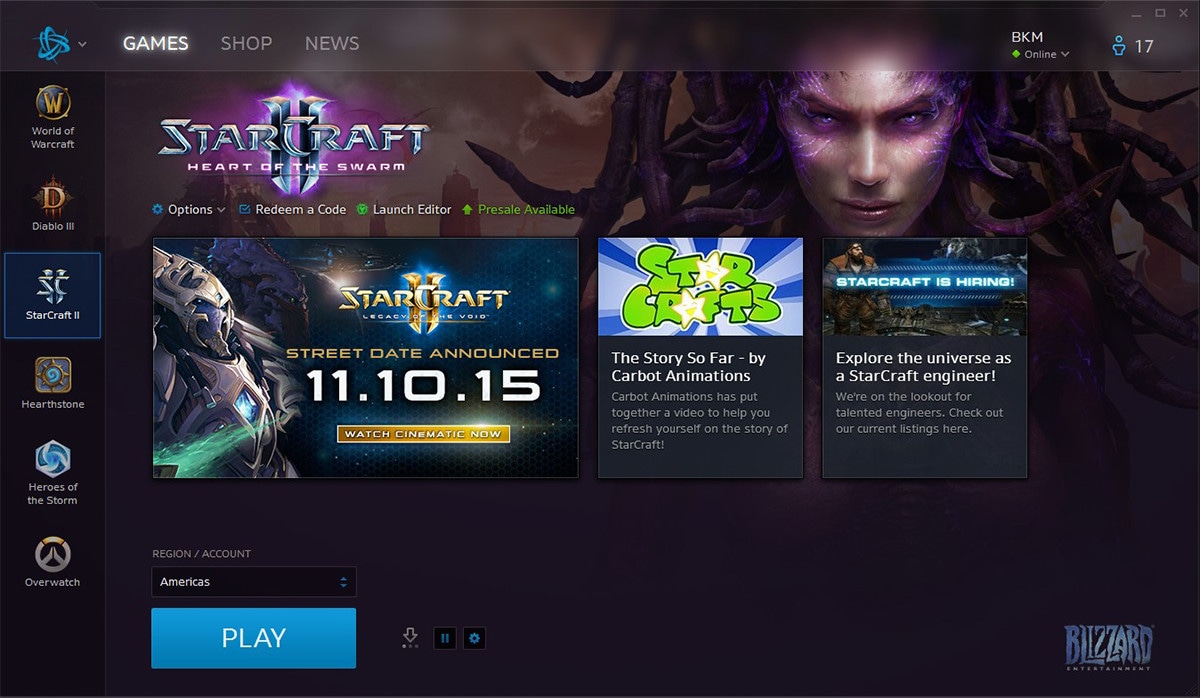

Once that’s set up create a KeePass database using YubiKey’s challenge-response as part of the composite master key.
Battlenet auth .dll#
dll files to C:\Program Files (x86)\KeePass Password Safe 2\32bit overwriting any files, and do the same for 64-bit. Under ykpers-1.17.3-win32.zip/bin extract the.
Battlenet auth install#
Grab the KeeChallenge plugin, install it by extracting the contents, including folders into the root of: C:\Program Files (x86)\KeePass Password Safe 2.ĭownload the Yubikey Personalization Tools (command line) for both 64-bit and 32-bit. Select Slot 2, if you want to be able to unlock Keepass with multiple YubiKeys then select those options and choose “Same secret for all keys” Generate the secret key, hit “Write Configuration” Then insert any additional YubiKeys to program them all with the same secret. I suggest using HMAC-SHA1 which allows a program to send a challenge that only the YubiKey would know the correct response to based on the secret. Since I want to use multiple YubiKeys, HOTP will not work well because the counters will get out of sync. This will generate one time passwords based on a counter (HOTP). There are two options, one (which I don’t want) is Yubico OTP. If you might use YubiCloud in the future don’t reprogram SLOT 1. Open the YubiKey Personalization Tool and program SLOT 2. If you want more details and screenshots see the Kahu Security post. Below is the configuration I used when testing. I think some of the options I used such as variable input were not working right when the above guide was written. I followed a well-written post: Securing Keepass with a Second Factor – Kahu Security but made a few minor changes. Encrypting a KeePass Database Enable Challenge/Response on the Yubikey Open up the Yubikey NEO Manager, insert a YubiKey and hit Change Connection Mode.Īnd now apps are available. The rest of this post is sort of a guide on some of the things I’ve experimented with.
Battlenet auth upgrade#
The downside is it’s impossible to upgrade them when new firmware features become available, but the benefit is it’s more secure. YubiKeys purposefully have firmware that can’t be overwritten.

It’s $50 on Amazon or can be ordered direct from the Yubico Store for $55. There are several models, I opted for the NEO since it supports the most features and has an NFC chip that Android phones can use.

Last year I started looking at 2FA (Two Factor Authentication) solutions and came across YubiKey which is a fantastic little device.


 0 kommentar(er)
0 kommentar(er)
